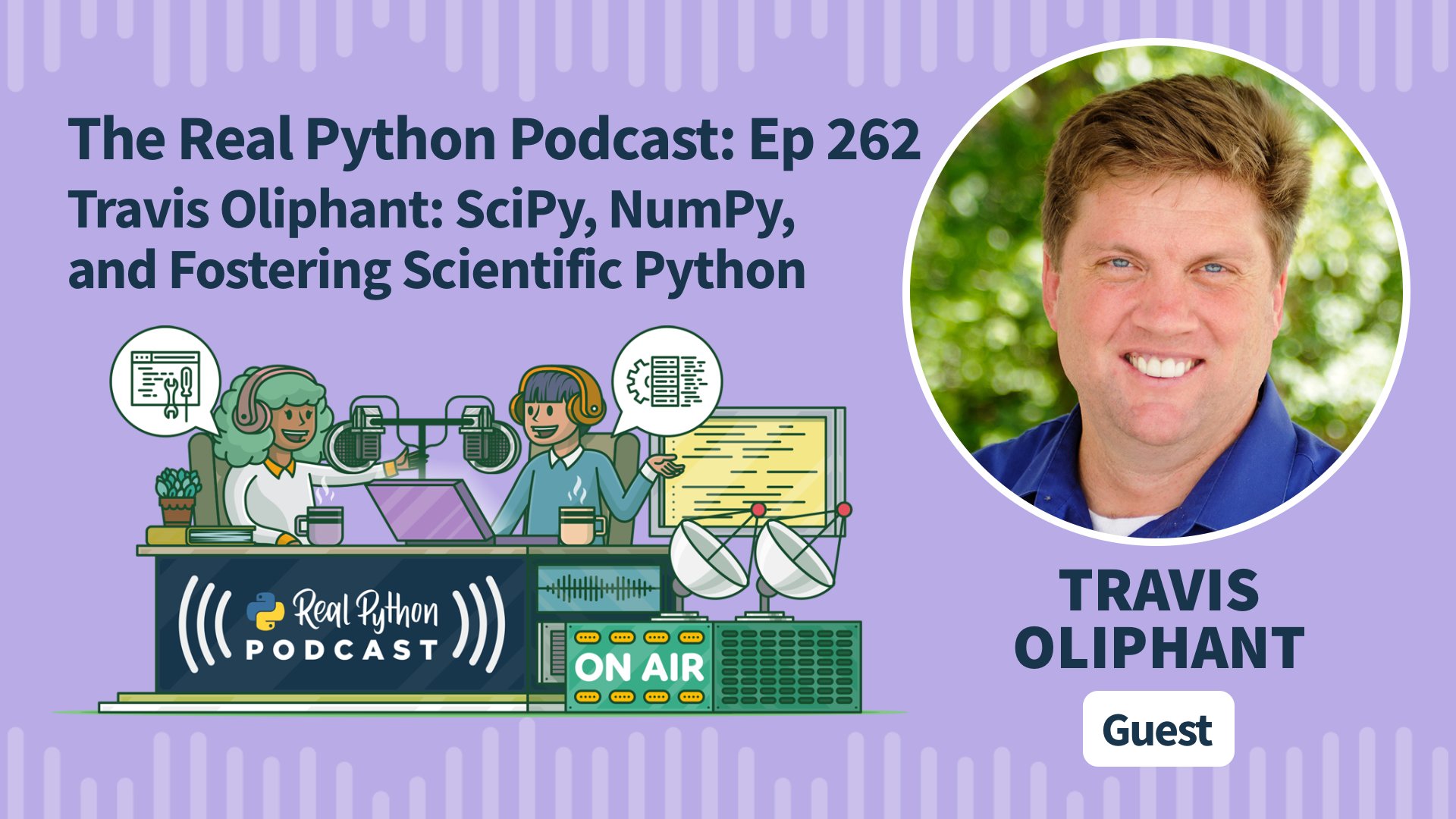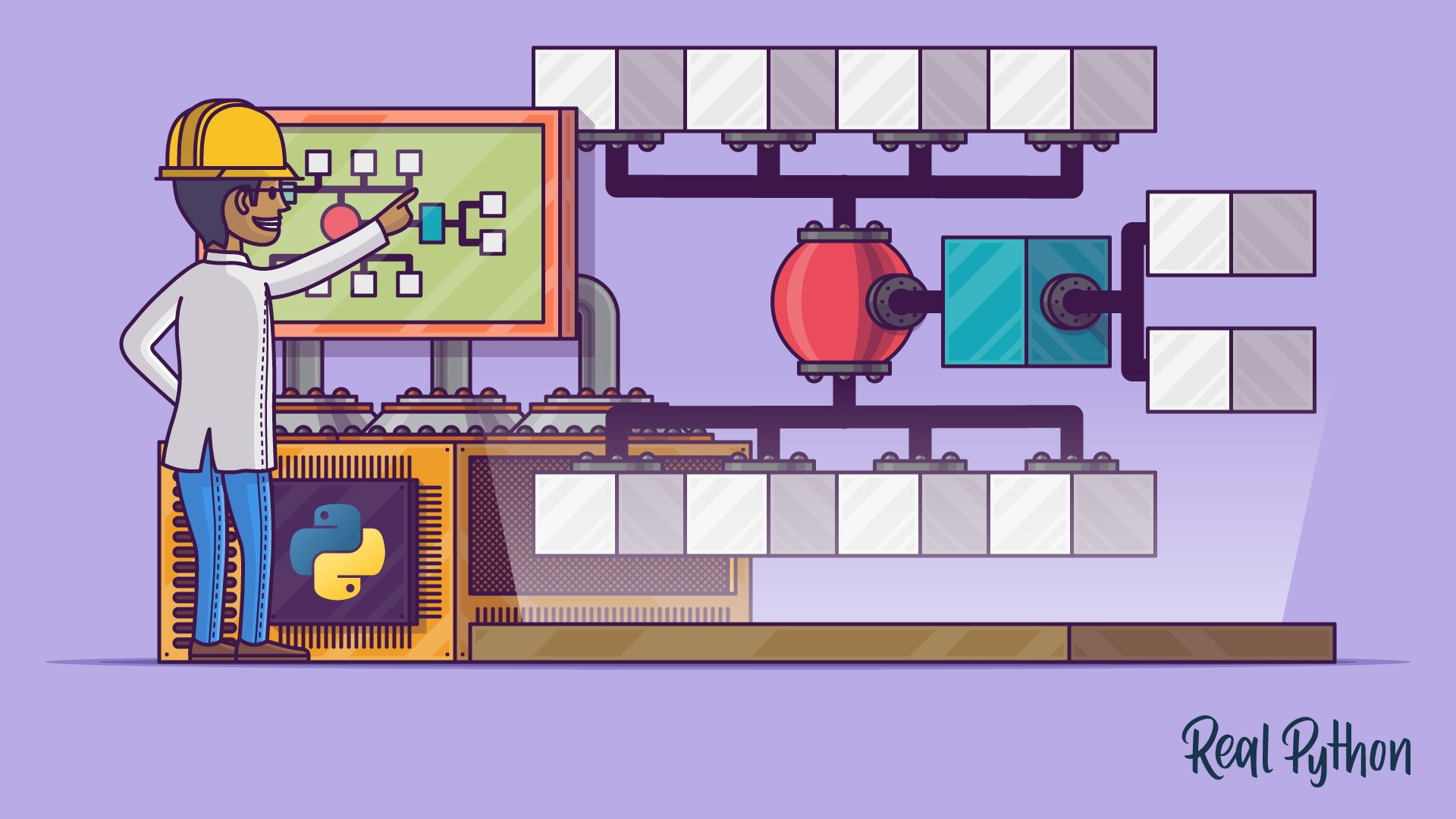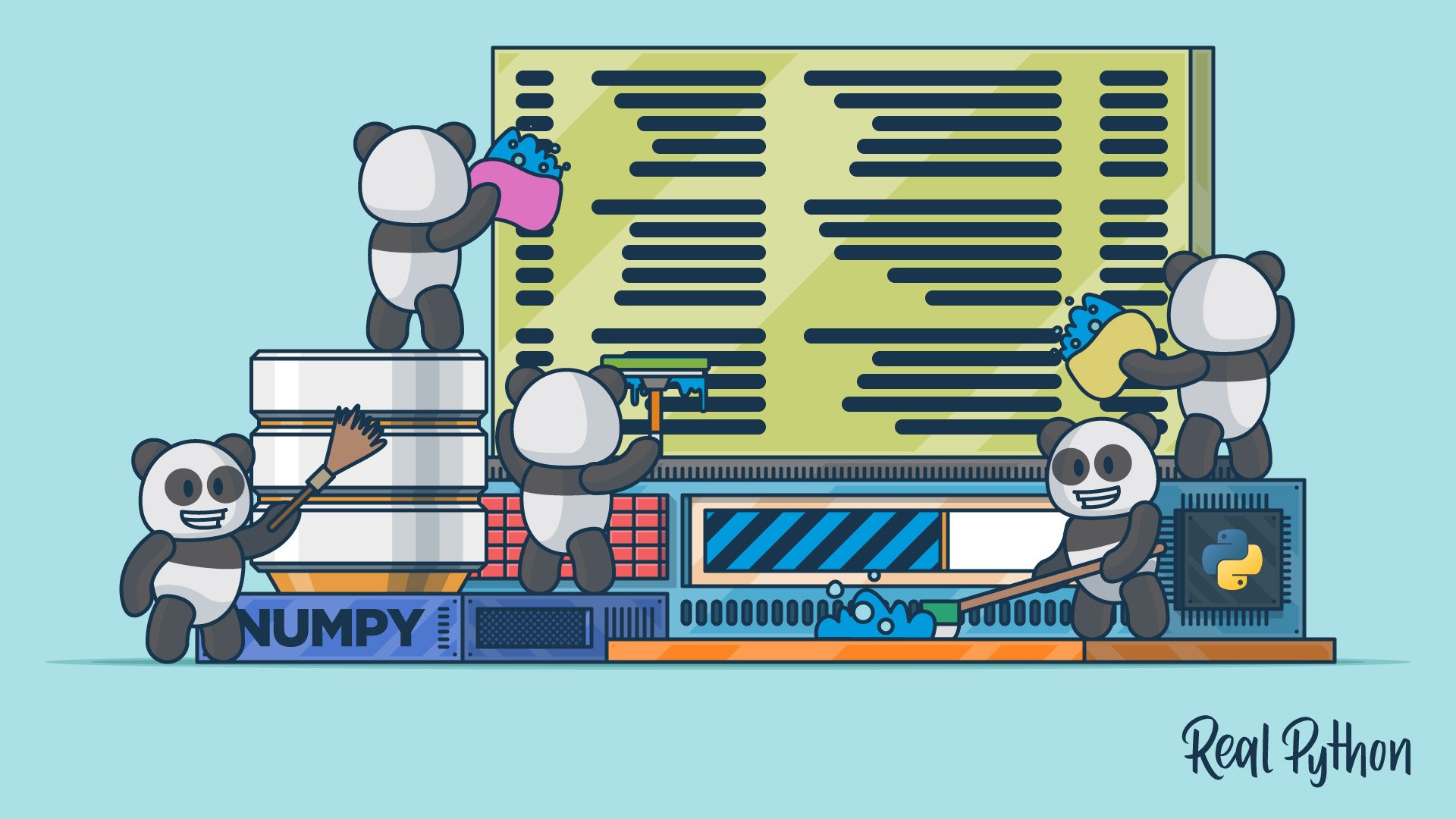
Episode 262: Travis Oliphant: SciPy, NumPy, and Fostering Scientific Python
The Real Python Podcast
What went into developing the open-source Python tools data scientists use every day? This week on the show, we talk with Travis Oliphant about his work on SciPy, NumPy, Numba, and many other contributions to the Python scientific community.
Episode Sponsor:
Travis discusses his initial involvement in the open-source community and how he discovered Python while working in biomedical imaging. He was trying to find ways to manage large sets of numerical data, which led to his initial contributions and collaborations in building scientific libraries.
His appearance on the show coincides with the release of the Python documentary, in which he’s featured. We discuss the myriad organizations Travis founded, including Quansight, OpenTeams, and Anaconda. We dig into his underlying mission to continue fostering the growth of the open-source scientific computing community.
This episode is sponsored by InfluxData.
Course Spotlight: NumPy Techniques and Practical Examples
In this video course, you’ll learn how to use NumPy by exploring several interesting examples. You’ll read data from a file into an array and analyze structured arrays to perform a reconciliation. You’ll also learn how to quickly chart an analysis and turn a custom function into a vectorized function.
Topics:
- 00:00:00 – Introduction
- 00:02:41 – Python documentary
- 00:07:44 – Getting involved in open source
- 00:12:04 – Numeric Python
- 00:15:36 – SciPy and the SciPy community
- 00:17:35 – Starting to think about entrepreneurship
- 00:18:16 – NumPy evolving from the work of Numeric
- 00:22:01 – Sponsor: InfluxData
- 00:22:53 – Python as controlling code for lower-level libraries
- 00:23:37 – Numba open-source JIT compiler
- 00:30:09 – Starting to build in Python before learning it all
- 00:34:45 – Python as the language AI generates
- 00:36:31 – Guilds and sharing knowledge
- 00:40:15 – More NumPy backstory
- 00:46:36 – Contributing to Python
- 00:48:24 – Video Course Spotlight
- 00:49:41 – The investment of companies in Python
- 00:51:22 – Quansight and businesses in open source
- 00:53:09 – Open Teams and Quansight details
- 00:57:14 – NumFOCUS and Anaconda
- 00:58:51 – FairOSS
- 01:02:36 – Documenting these efforts
- 01:05:37 – What are you excited about in the world of Python?
- 01:07:12 – What do you want to learn next?
- 01:08:10 – How can people follow your work online?
- 01:10:03 – Thanks and goodbye
Show Links:
- Python: The Documentary - OFFICIAL TRAILER - Coming August 28 - YouTube
- The Python Matrix Object: Extending Python for Numerical Computation
- Jim Fulton
- Jim Hugunin - Home
- History of SciPy - SciPy wiki dump
- SciPy
- NumPy
- Numba: A High Performance Python Compiler
- LPython - High performance typed Python compiler
- OpenTeams: Open SaaS AI Solutions
- Quansight Consulting
- OpenTeams Incubator
- NumFOCUS: A Nonprofit Supporting Open Code for Better Science
- Anaconda
- FairOSS
- faster-cpython
- Travis Oliphant (@teoliphant) / X
- Travis Oliphant - LinkedIn






